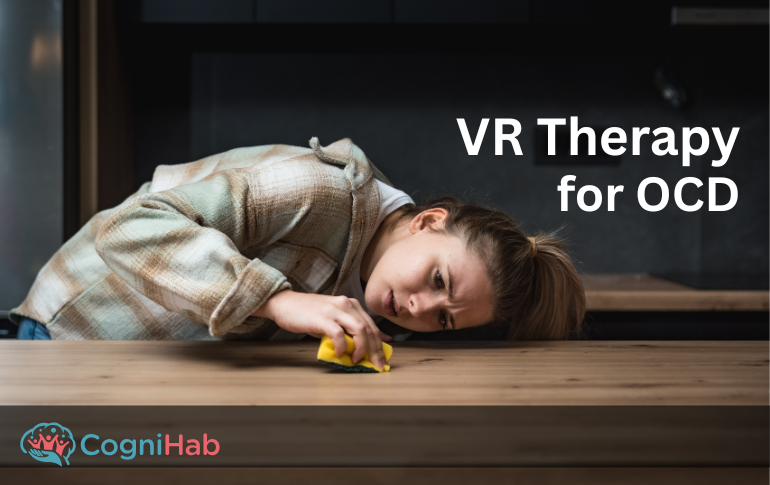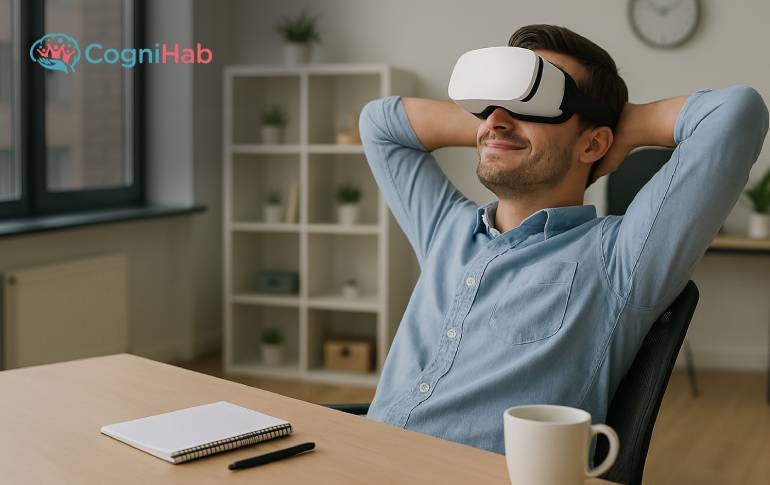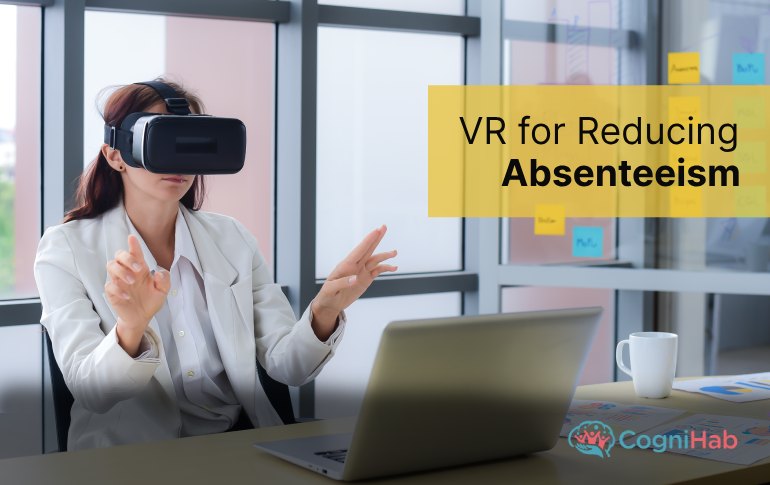Can Amyotrophic Lateral Sclerosis (ALS) be treated with VR?
Amyotrophic Lateral Sclerosis
(ALS) is a progressive neurodegenerative
disease. This disease affects the person’s muscle controlling skills. A person
may feel problems with muscular activity such as moving, speaking, eating, and breathing.
The exact reason is still
unknown. Many pieces of research are under process but some doctors believe
that it is inherited.
- In 2019, there were approx. 57800 cases were
reported of Amyotrophic Lateral Sclerosis (ALS). This number is expected to
increase to 65,900 cases in 2029 at an annual growth rate (AGR) of 1.41%.
- People between the ages of 55 to 75 are more
likely to affect by ALS.
- Males have more chances to get affected compared to females.
Symptoms of Amyotrophic Lateral Sclerosis (ALS)
Symptoms may differ from one person
to another. It is mainly depending on the fact which neurons are get affected
by the disease. There are common symptoms are:
- Problem performing normal daily activity
- Balance lost and falling
- Weakness in feet, ankle, or feet
- Weakness in hand and clumsiness
- Trouble in swallow and speech
- Irrational Expressions like crying, laughing, or
keep yawning
- Behavioural change and muscles cramp
It mainly starts with no pain as progressed it damage nerve cell, resulting in weak muscles and affects breathing, swallowing, speaking, and chewing.
How Virtual Reality works in healthcare
- In the year 2020, Virtual reality in the
healthcare market was evaluated at $2.076billion. For the year 2028,
speculation is to reach $42.84 billion, at a CAGR of 39.98% for the period of
2021-2028.
Healthcare is the sector that is
directly dealing with human life. The effectiveness of the treatment is also
depending upon the advanced technology and procedures. When we are talking
about Virtual Reality (VR), it has been accepted easily in the medical field,
due to its vast scope.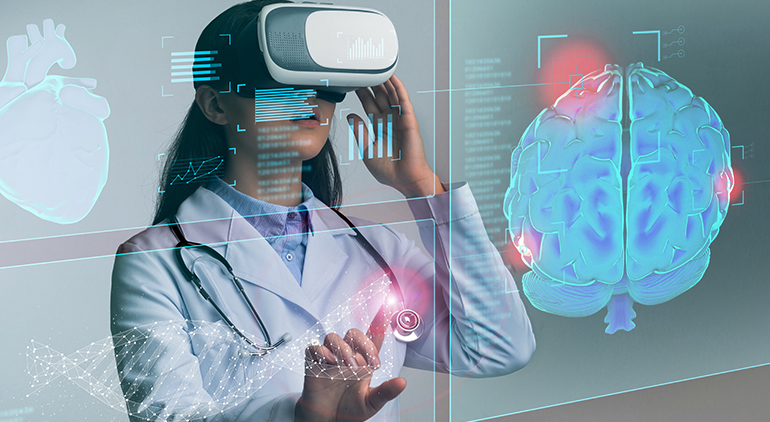 After much research and studies,
results are very much in favor of VR. VR plays an important role in improving
the performance of treatments as well as training. Many diseases are
effectively treated with the help of VR, such as PTSD, Phobia, Parkinson’s disease, Amyotrophic Lateral Sclerosis, and Multiple Sclerosis.
After much research and studies,
results are very much in favor of VR. VR plays an important role in improving
the performance of treatments as well as training. Many diseases are
effectively treated with the help of VR, such as PTSD, Phobia, Parkinson’s disease, Amyotrophic Lateral Sclerosis, and Multiple Sclerosis.
VR in Amyotrophic Lateral Sclerosis (ALS) and its benefits
ALS gradually affects the
person’s ability to do daily work at a normal pace. This disease cannot be
cured, but with the treatment, the patient's living quality can be improved.
Certain therapies can be performed with the help of VR.
- Physical Therapy
Physical therapy helps the patient to stay independent. Some low-impact exercises are important to maintain cardiovascular fitness and muscles strength. Regular exercising also helps a person to feel fit and healthy.
This not only improves muscular strength but also improves mental
health. VR rehabilitation therapy is the best way to do such exercise. VR success
rate and efficiency are much better than conventional physiotherapy.
- Speech therapy
Speech therapy can help
the patient to learn alternative techniques to convey the message more
effectively. Speech therapy helps to explore another communication method like
communication through writing or sign language. VR speech therapy treatment can
help patients to learn easily at their convenience.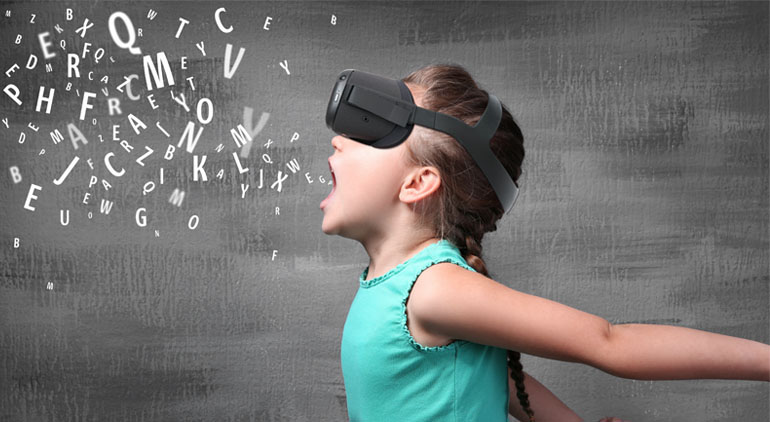
- Psychological Support
It is very common
to feel depressed when one is suffered from such a critical disease. These
patients need care, love, and psychological support. VR-designed suites for anxiety reduction and is very
much effective in treating different types of mental disorders such as
depression and phobia. This helps the patient to feel cheerful and connected.
VR has many benefits:
- It is customized as per the situation and case
of the patient.
- Training with VR is safer than the actual
scenario which reduces chances of accident and injury.
- Practice is easy to do and improves the
condition.
- It increases the effectiveness of the result.
Conclusion
People with ALS not only need medical support but also love, care, and support. We at Cognihab, work hard to support them with our VR suites which are medically tested with the best healthcare professionals. You can show your support by spending time with them.



